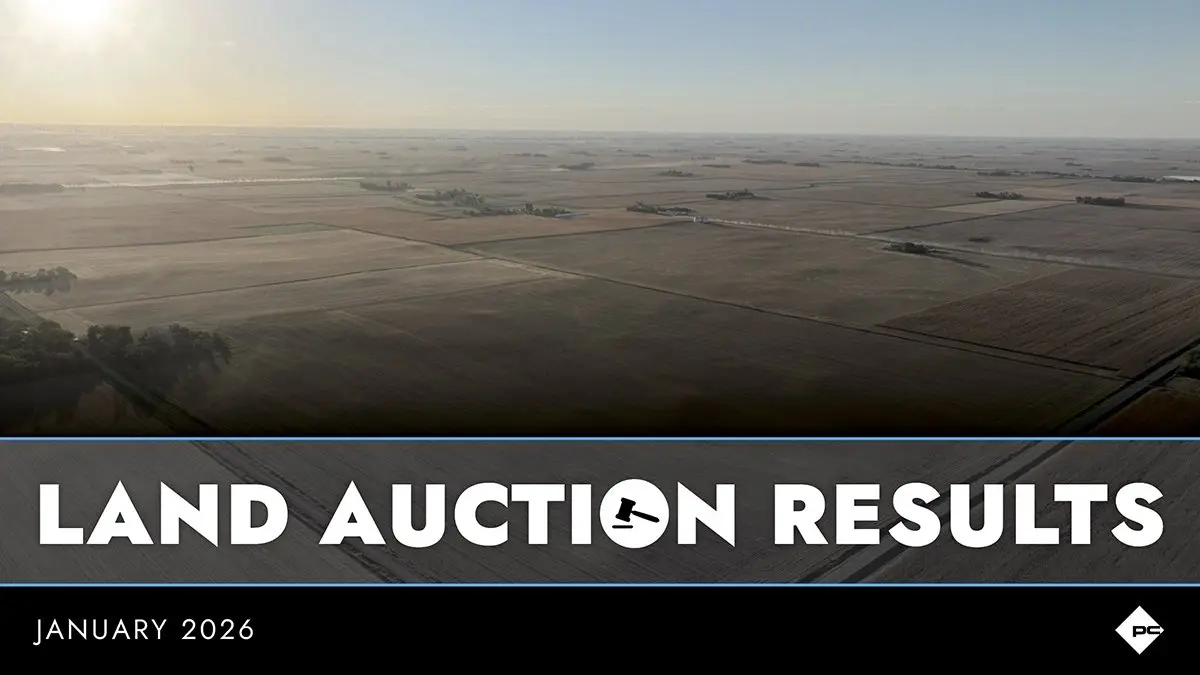The Land Investment Monthly is a round-up of articles and headlines published by the farm press, business media and financial publications with insights into buying, selling or investing in farm land, recreational ground or development ground.
Netherlands most expensive country to buy farmland in Europe
The information comes from a new set of statistics on agricultural land prices and rents from 2016, which covers most of the EU Member States. On average, the Netherlands recorded the most expensive purchase price of one hectare of arable land in the EU in 2016 at €63,000 (£54,800).
Indeed, the price of arable land in every region of the Netherlands was above all other available national averages in the EU. However, among the EU regions for which data are available, the most expensive price for arable land was in the Liguria region of Italy, at €108,000 (£94,000) per hectare. Read More
In Restaurant Trends, What Comes After Farm-to-Table?
It’s a common misconception—one that provoked plenty of wry laughter from the restaurant owners I spoke with—that producing your own ingredients might cut costs. The hefty startup investment and years it takes to build up to maximum efficiency mean that a do-it-yourself approach is often more expensive than conventional buying options. But many chefs believe that as their operations mature, the costs will come down to rival farmers’ market prices. Even Ms. Kelly, who has 18 years under her belt at Primo, thinks her food cost works out to about what she would pay small local purveyors to do it for her. The rewards are in the superior control and freshness, and the pleasure of being so intimately involved. Read More
Russian Farmer Alters Rural Economy With Virtual Currency, as Moscow Watches Warily
Farmer Mikhail Shlyapnikov says the best way to revive the ailing economy in this remote village is cutting financial ties to Moscow.
Mr. Shlyapnikov has launched a cryptocurrency, the kolion, named after his hamlet some 80 miles southeast of Moscow, buoyed by an initial investment of a half-million dollars from investors in Russia and abroad.
[…]
“Banks don’t want to lend to small farmers,” said Mr. Shlyapnikov. “So we created our own currency.” Read More
Land reform stirs political passions in South Africa
In jeans and a hoodie, Zandile Cewu shows photographs of her 100 or so head of cattle as she drives her pick-up truck along a muddy track in Eastern Cape, one of South Africa’s poorest regions. The 42-year-old farmer has ambitions for her 444-hectare property that grew from the plot her late father bought cheaply as part of a redistribution program run by the African National Congress after apartheid fell.
“I want to be a commercial farmer, even a stud breeder,” said Ms Cewu, a star of Farmer’s Weekly, the country’s top agricultural read. “I don’t want to be a smallholder for the rest of my life.”
A parliamentary committee will re-examine a constitutional clause on land reform in the coming months, possibly amending it to allow expropriation without compensation. This would be a radical step aimed at tackling a racial economic divide and reflects the fact that land has become one of most contentious political issues in South Africa. Read More
Team conducts the first land-use analysis of future food systems focusing on aquatic farming
To satisfy the protein demands of an anticipated nearly 10 billion people by 2050, the United Nations' Food and Agriculture Organization (FAO) and researchers around the world estimate current animal production will need to grow by an average of 52 percent. Meeting this need without pushing the environment to the brink will be critical.
New evidence shows seafood from aquatic farming -- aquaculture -- can help feed the future global population while substantially reducing one of the biggest environmental impacts of meat production -- land use -- without requiring people to entirely abandon meat as a food source. Read More







